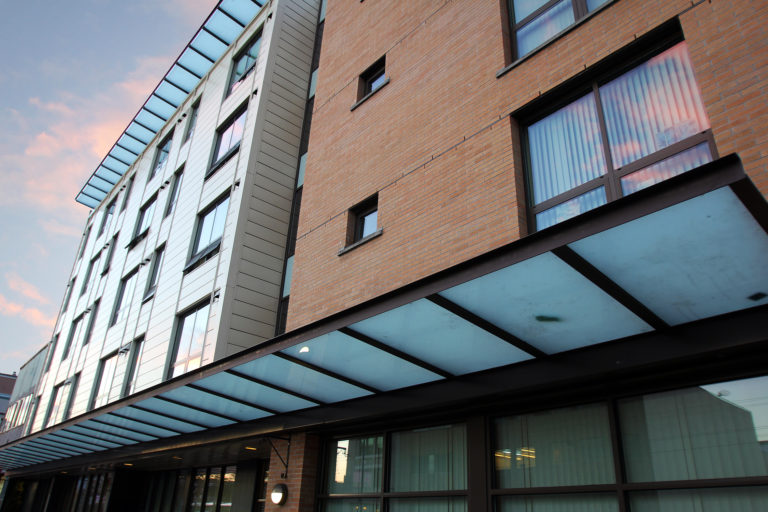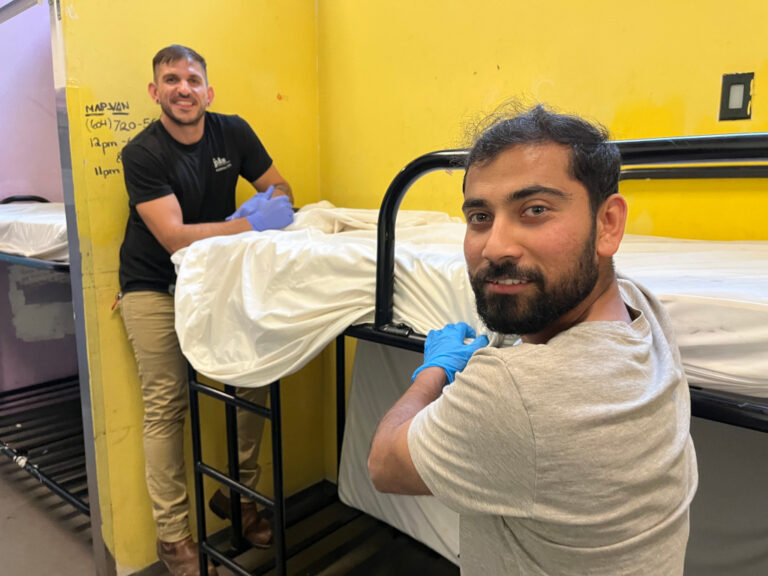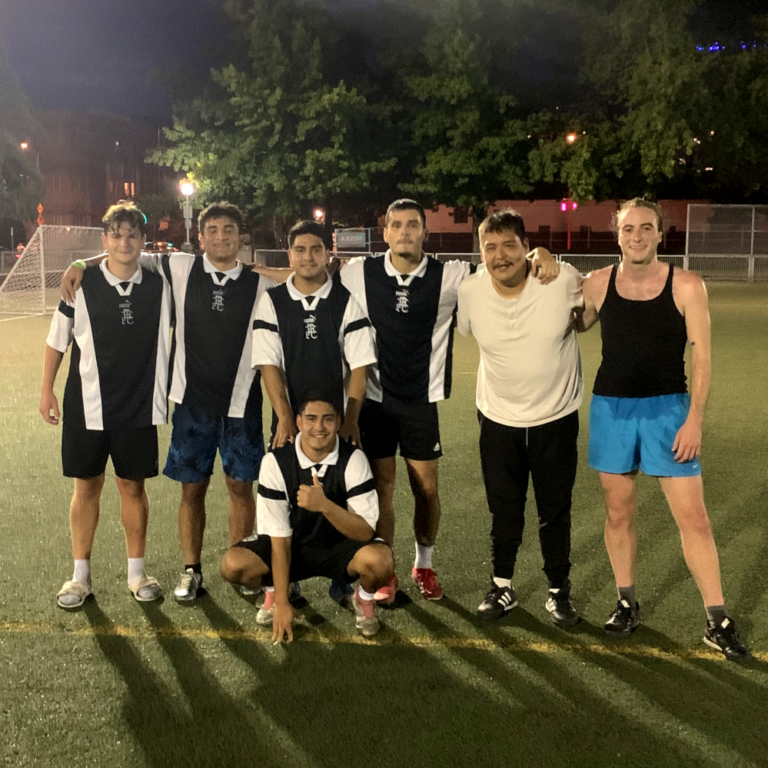Insite, which celebrates its 18th anniversary this month, is both a frontline clinical unit and a grassroots community project devoted to the rights of people who use drugs.
It opened its doors in September 2003, the first officially sanctioned site for the consumption of illicit drugs in North America, operating under a Health Canada exemption from prosecution under federal drug laws.
Insite is a collaboration between PHS Community Services Society and Vancouver Coastal Health, with both partners bringing their specific expertise.
The drive for a safe injection space came from the Out of Harms Way [PDF] conference hosted by PHS in 1997, featuring expert speakers from across Europe detailing a new concept: a pragmatic and humane approach to the risks of drug use.
Participants included representatives of a German supervised injection site and of heroin maintenance programs in Switzerland and the U.K. All operated legally and within the medical system, taking a harm reduction approach that saved lives.
Harm reduction
Harm reduction refers to policies and practices that aim to reduce the negative health, social and legal impacts associated with drug use, drug policies and drug laws.
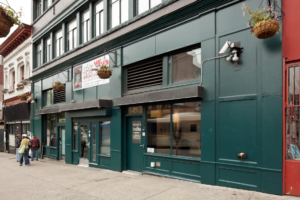 Although groups in Vancouver had previously operated informal locations for drug users with varying levels of witnessed consumption, Insite was the first sanctioned and legal site.
Although groups in Vancouver had previously operated informal locations for drug users with varying levels of witnessed consumption, Insite was the first sanctioned and legal site.
PHS Senior Manager Darwin Fisher, who began working in Insite after it had been successfully operating about a year, said Insite works because of the relationships it helps foster.
“The first time I walked in there were peers, drug users, nurses and program staff in the same space and you would not know who was who,” he said.
“Insite is like a community centre for drug users that happens to also have clinical services. We’re subtly bringing healthcare to people.”
Build relationships
Insite was designed to address the barriers that drug users have to accessing health services.
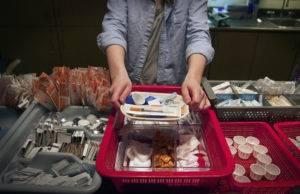 The intake and sign-in processes were streamlined as people would be arriving in a state of withdrawal, and clinical services were made available on a drop-in basis rather than requiring appointment times. Above all, staff show empathy and make the space to talk.
The intake and sign-in processes were streamlined as people would be arriving in a state of withdrawal, and clinical services were made available on a drop-in basis rather than requiring appointment times. Above all, staff show empathy and make the space to talk.
“If you put relationships first, everything will fall into place,” said Darwin
“It’s about having a lot of conversations with people. You might notice an abscess on someone’s arm and suggest they might want to talk to a nurse about it.”
Service users drop in multiple times each day, meaning staff can have more natural conversations. Information about health, housing or services can be part of ordinary, personal interactions rather than coming off as a public service announcement.
Chill room
Having a chill room, where people can hang out after injecting, provides more opportunities for relationship-building.
The wider community tends to view illicit drug use through the lens of alcohol consumption, said Darwin. The chill room is nothing like a bar. Actually, people leave Insite quieter than they arrive, with the symptoms of withdrawal in check.
Fellow PHS Senior Manager Russell Maynard, who began at Insite a couple of years after Darwin, was struck by the fact that service users don’t have to hide away.
“It was the first time on this entire continent that a drug user was able to walk through the door at a service and be themselves,” he said.
“It’s had a profound effect on the clinical services being provided in Vancouver, but what really gets me is that this is a civil rights movement.”
Low-barrier approach
With more than 3.6 million visits to inject drugs Insite has proved to be an inspiration for 37 similar sites operating across Canada. Each is subtly different, responding to local needs, but all are built to establish relationships with people who need a low-barrier approach.
PHS Director of Programs Susan Alexman said: “In its almost 20-year history there have been multiple studies and videos demonstrating the effectiveness of Insite in reducing HIV and HCV infection rates as well as preventing overdose fatalities.
“PHS Community Services Society receives multiple inquiries each year from governments, health agencies and non-profits within Canada and around the world on this topic. We have been happy to share our best practices, successes and challenges with other providers in hopes of replicating Insite’s essential services.
“In the past five years we have seen increased interest in Insite, given the current global overdose crisis, and are encouraged that many more countries are looking for solutions. In addition, Insite continues to evolve to meet current needs in our community.”
- Learn more about innovative PHS programs and our supportive housing in Vancouver and Victoria, B.C.
- Donate to continue innovative projects like these.

